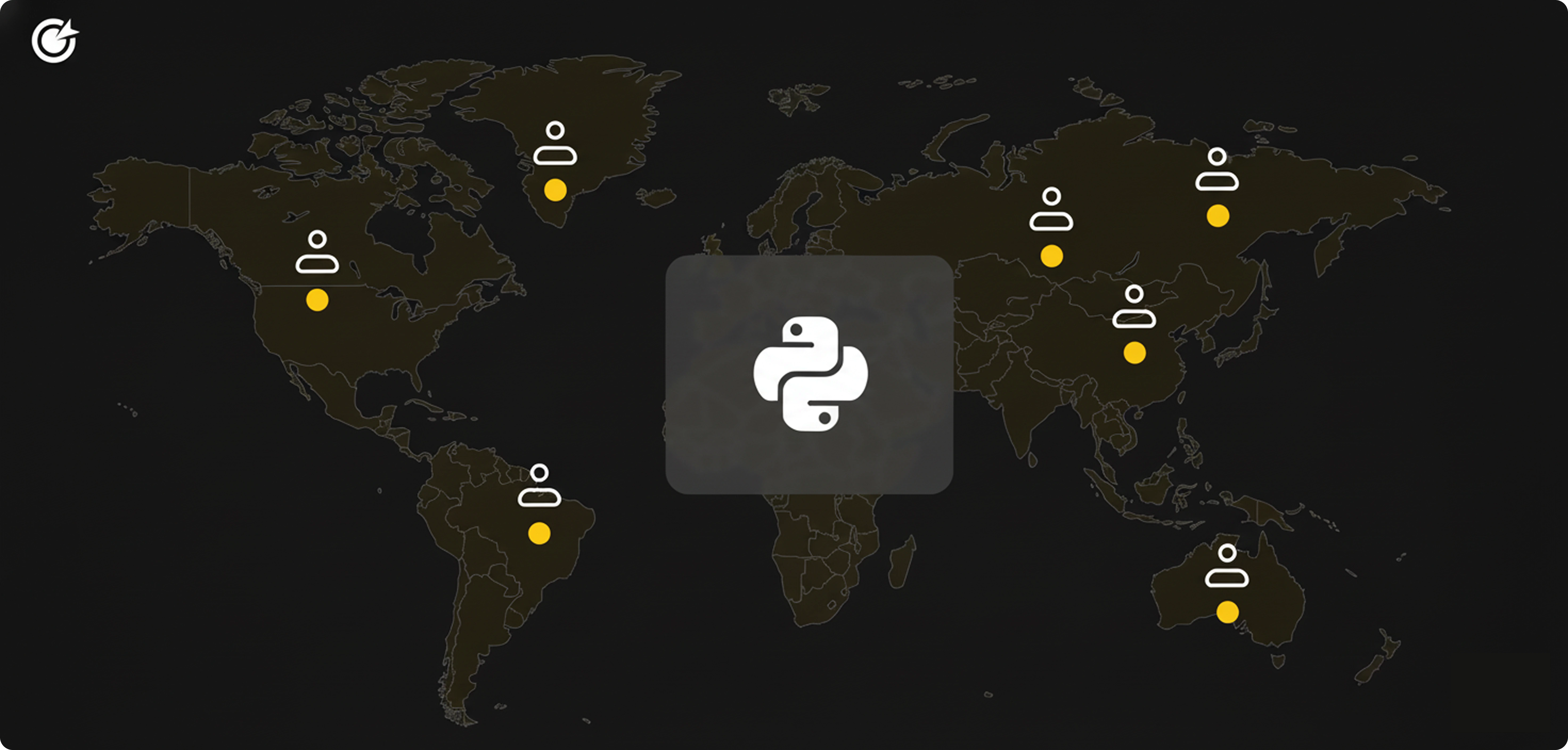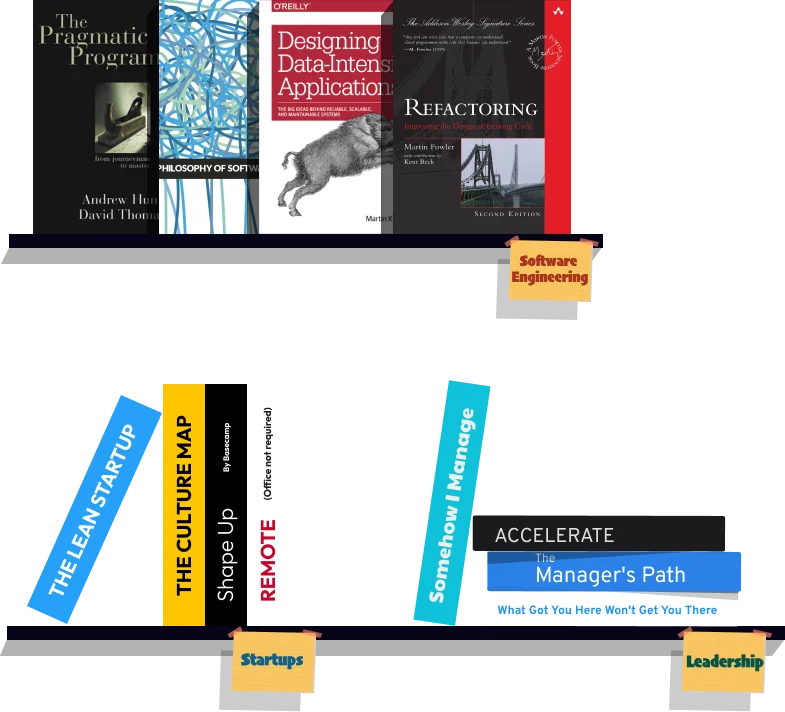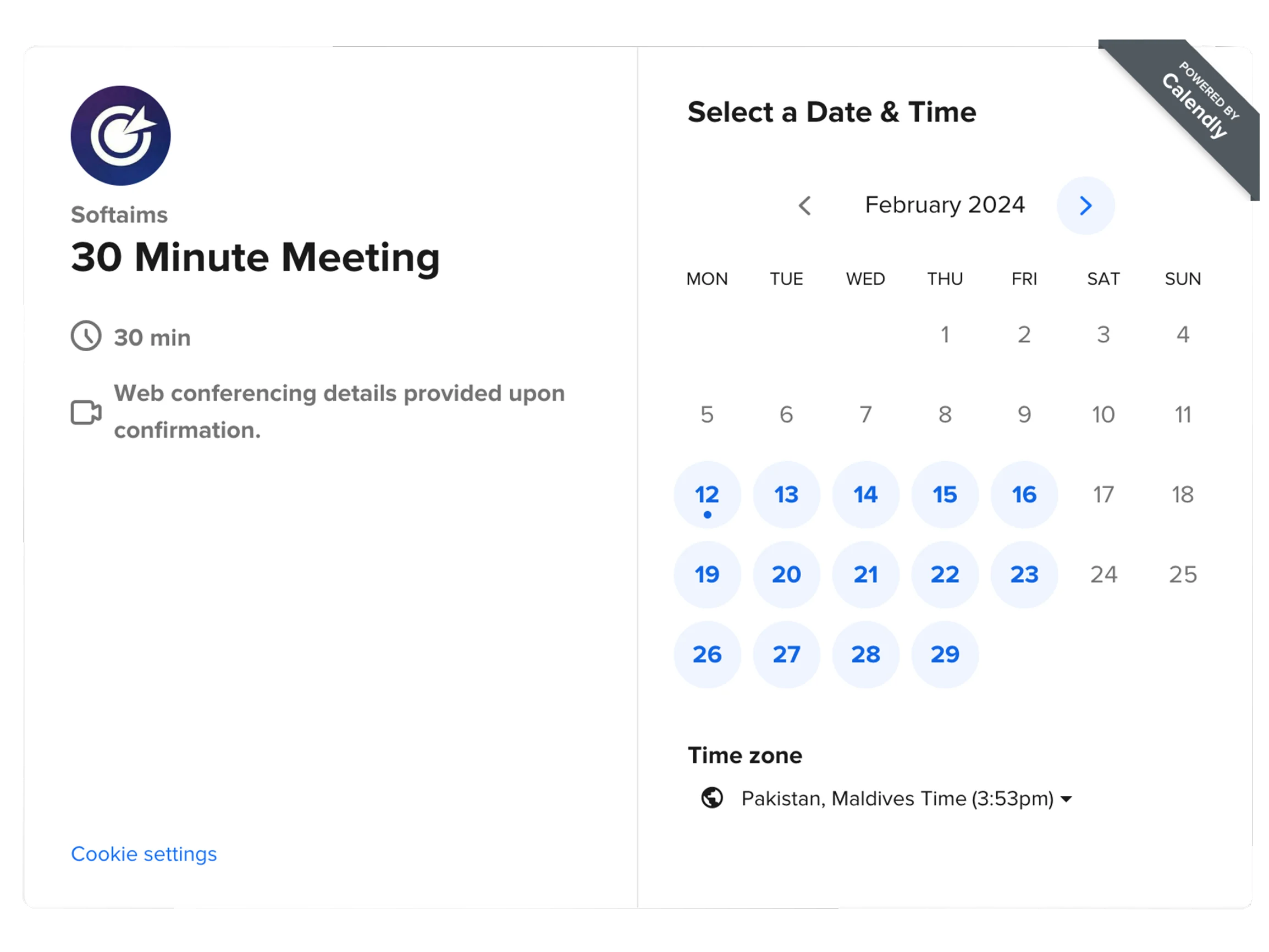The "Swiss Army Knife" of Programming Python Developers
A Python developer is one of the most versatile and sought-after engineers in the technology industry. They use a powerful, high-level, and easy-to-read programming language to build a vast array of applications, from backend web services and data science models to automation scripts and desktop applications.

Hiring a Python developer means bringing in a professional who values clean code, rapid development, and access to one of the richest and most diverse ecosystems of third-party libraries in the world. Their ability to work across different domains makes them a highly flexible and powerful asset for any technology company.
Core Language Proficiency
A proficient Python developer must have a deep and idiomatic understanding of the language. This goes far beyond basic syntax and requires a mastery of its core data structures, such as lists, dictionaries, tuples, and sets. They must be experts at writing "Pythonic" code that is clean, readable, and efficient.
They should have a strong grasp of Python's Object-Oriented Programming (OOP) capabilities, as well as its functional programming features like list comprehensions and generator expressions. A developer who can write a concise list comprehension like [x*x for x in range(10)] demonstrates a fluency in the language that is essential for professional development.
Python's Standard Library
Python is famous for its "batteries-included" philosophy, and a skilled developer will have a strong command of its extensive standard library. They should be able to solve common problems without immediately reaching for a third-party package. This includes experience with modules for common tasks.
Proficiency with modules like os for interacting with the operating system, json for working with JSON data, and datetime for handling dates and times is a fundamental requirement. This knowledge allows them to write efficient and self-contained scripts and applications.
Web Development Frameworks
One of the most popular use cases for Python is backend web development. A candidate must have deep, hands-on experience with at least one of the major Python web frameworks. The two leading choices are Django for its "batteries-included" approach to building large, feature-rich applications, and Flask for its lightweight, "micro-framework" philosophy, which is ideal for building APIs and microservices.
They must be able to build robust and secure web applications or RESTful APIs using their chosen framework. This includes a deep understanding of the framework's routing system, its database integration (ORM), and its templating engine.
The PyPI Ecosystem and Package Management
The Python Package Index (PyPI) is a massive repository of open-source libraries that is one of Python's greatest strengths. A proficient developer must be an expert at navigating this ecosystem and managing dependencies using pip, the standard package installer for Python. They must have a deep understanding of the requirements.txt file.
Furthermore, a modern Python developer should be an expert at managing project environments to avoid dependency conflicts. This requires a mastery of Python's built-in venv module or a more advanced tool like Pipenv or Poetry to create isolated environments for each project. This is a crucial practice for professional, reproducible development.
Data Science and Machine Learning Libraries
Python is the undisputed language of data science and machine learning. While this is a specialized field, a well-rounded Python developer will often have some familiarity with the core libraries of the data science stack. This includes NumPy for numerical computing and Pandas for data manipulation and analysis.
Experience with a machine learning library like Scikit-learn for classical ML algorithms or a deep learning framework like TensorFlow or PyTorch is a highly valuable and in-demand skill. This expertise allows a developer to work on some of the most innovative and impactful projects in technology today.
Testing and Quality Assurance
A commitment to writing high-quality, reliable code is demonstrated by a strong testing discipline. A professional Python developer must be experienced in writing automated tests for their code. This requires proficiency with a major testing framework, with Pytest being the modern and powerful choice for its simple syntax and rich feature set.
They should be able to write unit tests to validate individual functions and integration tests to ensure that different parts of their application work together correctly. A developer who consistently writes tests is a developer who builds more maintainable, bug-free, and resilient software.
Database and SQL Skills
Python applications almost always interact with a database. A developer must be skilled at working with both relational (SQL) databases like PostgreSQL and MySQL, and often NoSQL databases like MongoDB or Redis. They should have experience with a powerful Object-Relational Mapper (ORM) like SQLAlchemy or the one built into Django.
While an ORM can handle many day-to-day database interactions, a strong developer must still have a solid grasp of SQL. This is crucial for writing complex, high-performance queries that may be difficult to express with the ORM and for debugging database-related performance issues.
Concurrency and Asynchronous Python
For building high-performance, I/O-bound applications like network services, a modern Python developer should be proficient in asynchronous programming. They must have a solid understanding of the asyncio library and the async/await syntax that was introduced in modern versions of Python.
This skill allows them to write code that can handle a large number of concurrent connections efficiently without needing to resort to multi-threading, which can be more complex to manage. Experience with an asynchronous web framework like FastAPI is a strong indicator of a forward-thinking developer.
DevOps and Automation
Python is a go-to language for automation and DevOps tasks. Its simple syntax and powerful standard library make it a perfect choice for writing scripts to automate infrastructure management, deployment processes, and other operational tasks. A well-rounded Python developer is often comfortable in this domain.
They should have experience writing scripts to interact with cloud provider APIs (e.g., using the Boto3 library for AWS) or to automate system administration tasks. This versatility makes them an incredibly valuable asset, as they can contribute to both application development and the operational health of the system.
How Much Does It Cost to Hire a Python Developer
The cost to hire a Python developer is high and reflects the language's immense popularity and its critical role in high-growth fields like web development, data science, and AI. The salary is heavily influenced by their geographic location, overall years of experience, and their specialization in a particular domain (e.g., Django, data engineering, machine learning).
Tech hubs in North America and Western Europe have the highest salary expectations. The following table provides an estimated average annual salary for a mid-level Python developer to illustrate these global differences.
| Country |
Average Annual Salary (USD) |
| United States |
$130,000 |
| Switzerland |
$120,000 |
| United Kingdom |
$88,000 |
| Germany |
$85,000 |
| Canada |
$100,000 |
| Poland |
$60,000 |
| Ukraine |
$58,000 |
| India |
$40,000 |
| Brazil |
$50,000 |
| Netherlands |
$90,000 |
When to Hire Dedicated Python Developers Versus Freelance Python Developers
Hiring a dedicated, full-time Python developer is the best choice when you are building a core, long-term product or system. This model is ideal for your main web application, your data science platform, or your core automation infrastructure. A dedicated developer provides the deep ownership and institutional knowledge required for these mission-critical projects.
Hiring a freelance Python developer is a more tactical decision, perfect for specific, well-defined projects. This is an excellent model for building a single microservice, creating a set of automation scripts, or developing a proof-of-concept machine learning model. Freelancers offer flexibility and specialized expertise on demand without the long-term overhead.
Why Do Companies Hire Python Developers
Companies hire Python developers for their incredible versatility and productivity. Python's clean syntax and high-level nature allow developers to write code faster and with fewer lines than many other languages, which dramatically accelerates time-to-market. Its "Swiss Army knife" nature means a single developer can often work on web development, data analysis, and automation, making them extremely efficient.
Furthermore, Python has one of the largest and most powerful ecosystems of third-party libraries in the world, especially in the booming fields of data science, machine learning, and artificial intelligence. Companies hire Python developers to tap into this rich ecosystem and leverage state-of-the-art tools to gain a competitive advantage and build the intelligent applications of the future.
In conclusion, hiring a top-tier Python developer requires looking for a professional who combines a deep and idiomatic understanding of the language with practical experience in one of its major domains, whether it's web development, data engineering, or machine learning. The ideal candidate is a disciplined engineer who values clean code, robust testing, and the power of Python's vast ecosystem. By prioritizing these skills, organizations can build powerful teams capable of solving a huge range of complex problems and driving innovation across the business.



































